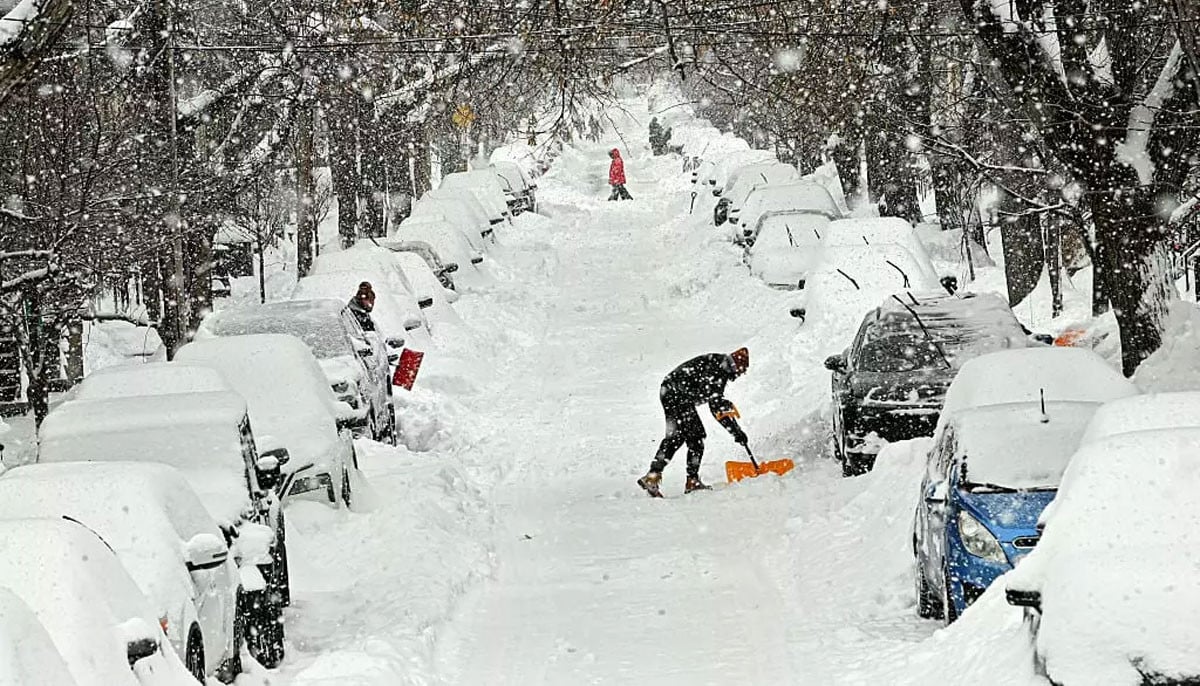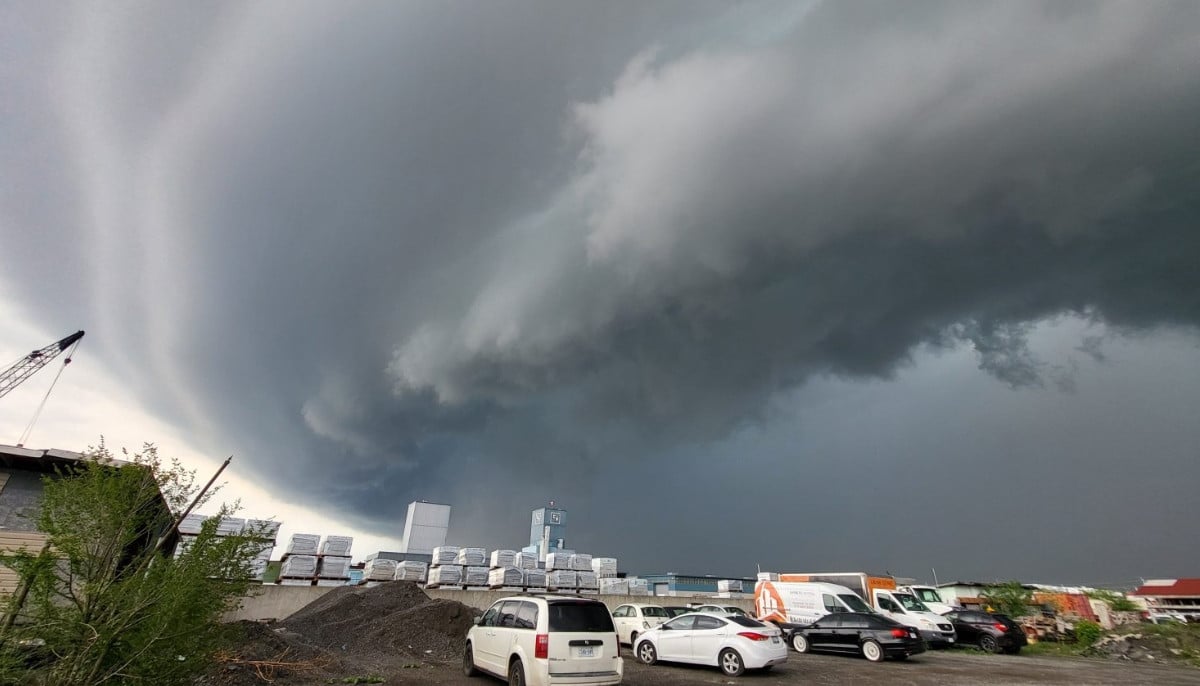‘Moss walls’ can save Pakistani cities from creeping pollution
According to World Health Organization, air pollution causes 7 million premature deaths per year. It is one of the world’s invisible killers, making it the largest single environmental risk.
It is contamination of the indoor or outdoor environment by any chemical, physical or biological agent that modifies the natural characteristics of the atmosphere, the WHO said.
Household combustion devices, motor vehicles, industrial facilities and forest fires are common sources of air pollution.
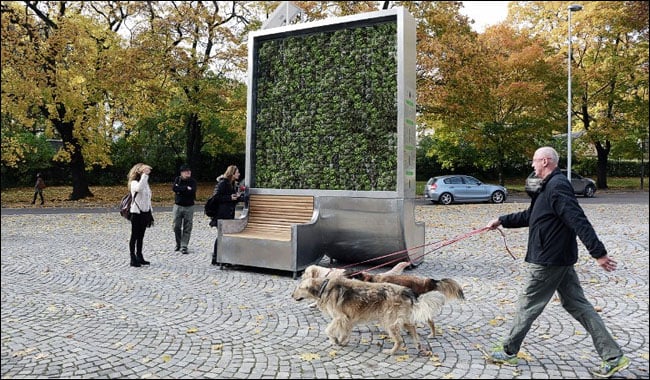
Pollutants of major public health concern include particulate matter, carbon monoxide, ozone, nitrogen dioxide and sulfur dioxide. Outdoor and indoor air pollution cause respiratory and other diseases, which can be fatal.
The problem is more in the urban areas as air quality there is particularly problematic and cleaning up cities' air is a matter of urgency.
Planting trees is one well-established way to reduce air pollutants, as their leaves catch and absorb harmful particulates. But this phenomenon is not always a viable option.
The "CityTree" is a mobile installation which removes pollutants from the air. Its story dates back 11 years. But the CityTree isn't, in fact, a tree at all -- it's a moss culture.
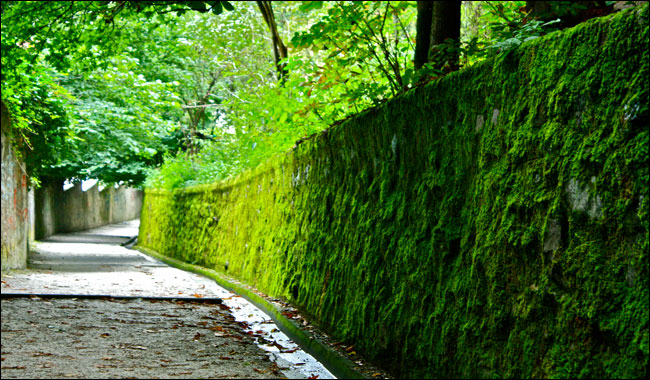
Mosses are small flowerless plants that typically grow in dense green clumps or mats, often in damp or shady locations. The individual plants are usually composed of simple leaves that are generally only one cell thick.
This moss wall has the same environmental impact of up to 275 normal urban trees.
The CityTree has been popping up in cities around the world, including Oslo, Paris, Brussels and Hong Kong. This idea can save mega cities of Pakistan like Karachi, Lahore and others from creeping pollution.
A CNN report quoted Berlin-based Green City Solutions that claims CityTree’s invention has the environmental benefit of up to 275 actual trees.
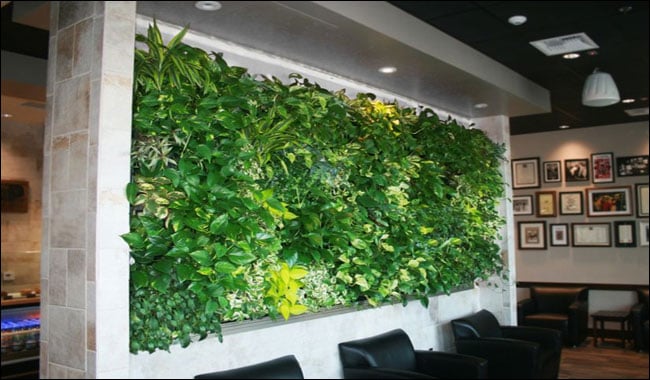
To monitor the health of the moss, the CityTree has sensors which measure soil humidity, temperature and water quality.
Pollution sensors are also used inside the installation to monitor the local air quality and measure the efficiency the tree.
Its creators say that each CityTree is able to absorb around 250 grams of particulate matter a day and contributes to the capture of greenhouse gases by removing 240 metric tons of CO2 a year.
-
Iceberg A-23A turns blue as scientists warn collapse is imminent
-
Matt Damon gets candid about standing by Ben Affleck during tough times
-
Environment Canada weather warning as cold front brings strong winds to Ottawa
-
Jennifer Lawrence reveals which pet she got after letting dog go
-
'Emily In Paris' season 5's 'most challenging' scene revealed
-
Kelly Clarkson achieves major music milestone
-
King Charles, Prince William concerned about Andrew's mental health
-
Gwyneth Paltrow’s daughter lands in ‘trouble’ after latest announcement
